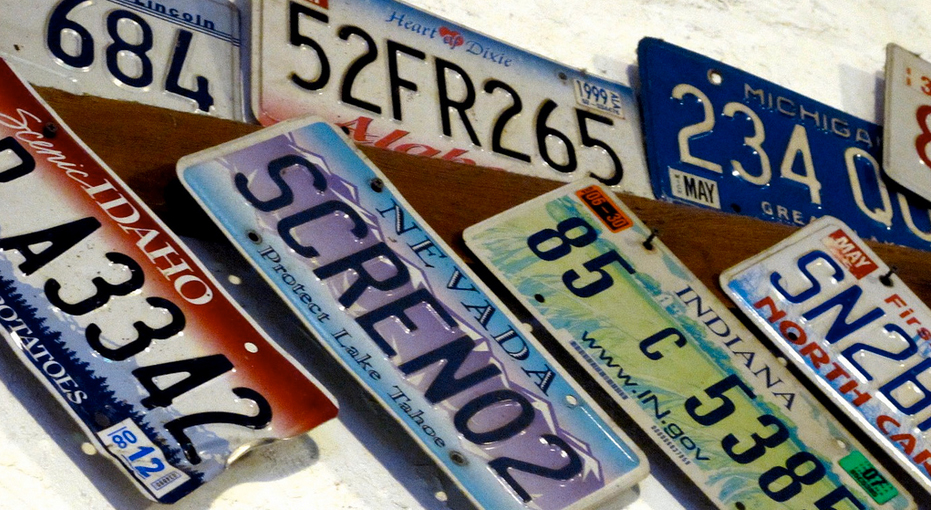Virginia Limits Retention Of License Plate Capture Data To 7 Days Image courtesy of (frankieleon)
Private scanning systems are a particularly helpful tool for tow truck companies that repossess vehicles, since they can compare the vehicles right in front of them to a list of cars that have been reported delinquent or stolen. However, these scanners also collect plate and geographic data, uploading a record of which cars were in which location and when that can be stored indefinitely and accessed by private investigators, insurance companies, and law enforcement.
Interestingly, the bill that will go into effect in Virginia in July isn’t specifically about license plate scanners. It’s more broad, designed to prevent the retention of any kind of identifying data that could be picked up and stored. Scanners could also use facial recognition to keep track of when we walk down a street, or VINs. Chap Petersen, the Virginia state senator who wrote this bill, explained in an interview that he wanted to prevent tracking methods that we have haven’t even thought of yet. “[Law enforcement] shouldn’t just be able to use any tech that they want or to surveil people when they’re not subject to an investigation,” he told Ars Technica. “You can’t just do it because you feel like it, and that to me is very critical.”
Virginia passes shortest limit in US on keeping license plate reader data [Ars Technica]
Want more consumer news? Visit our parent organization, Consumer Reports, for the latest on scams, recalls, and other consumer issues.


